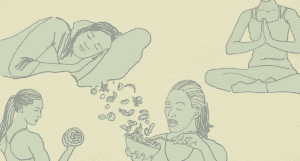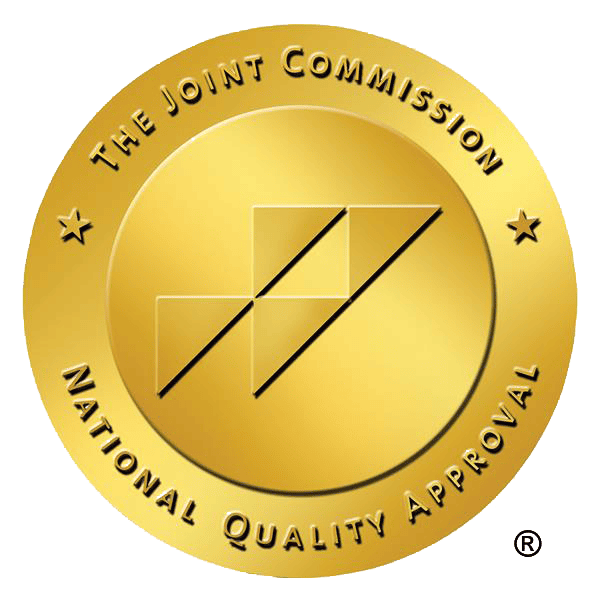Mental health and substance use are linked in unique ways. So, what is the relationship between mental illness and substance use? The answer is complicated. Many factors contribute to this answer. To conquer both, it takes digging deep into the roots of each condition. We get to the meat of that relationship and the underlying reasons they intertwine in the following details.
What is the Relationship Between Mental Illness and Substance Use?
Mental illness and substance dependency are two conditions that become lethal combinations when they coexist. Here are just a few of the many ways the two intertwine.
Addiction Disorders Cause Mental Problems
One of the most common links between mental and substance problems occurs when addiction takes hold. Once addiction has destabilized neuronal balances, the results can induce mental health problems. These conditions can range from mild to severe and can be short-term or permanent, depending on your substance use history.
Mental Health Problems Lead to Substance Use
Addiction Disorders are Also Mental Disorders
Most people don’t realize the fact that addiction disorders are equally a mental condition as other cognitive disorders. Substance Use Disorders, or SUD, are an official mental diagnosis that requires a similar type of care as other mental problems. That’s why it takes mental health-based precision techniques to tackle addiction at the source. Our therapeutic specialists possess all the cutting-edge tools you need to rid yourself of these addictions through specialized treatment.
Almost 50 Percent of Mental Health Sufferers Will Acquire an Addiction
Sources cite that almost half of mental health sufferers will abuse substances at some point for one reason or another. This statistic is largely attributed to individuals who do not have or seek help for their mental health battles. Contrarily, substance abuse is equally attributed to the development of mental health conditions. You can be the lifeline for a loved one struggling with mental illness or addiction by contacting us today.
It’s Often Hard To Pinpoint the Cause in Co-Occurring Cases
Because of the various factors involved in people with multiple addictions or mental disorders, it’s often difficult to find the root cause. Correlatively, it is equally difficult to know which one started first. Thankfully, our staff specializes in diagnosing conditions, causes, and, most importantly, providing personalized treatment that meets your needs. All you have to do is call us now, and we’ll take care of the rest.

What is the Relationship Between Mental Illness and Substance Use Disorders?
Mere substance use and substance use disorders are very different entities. You can use substances but not officially have an SUD. You get to the meat of the parallels of these issues when you ask the question, “What is the relationship between mental illness and substance use disorders?” The answer is they are the same. Substance use disorders are mental disorders. In addition, prolonged substance abuse throws off your neurochemical balances, causing mental dependency and other mental health problems. Without treatment, these addictions and mental health battles exacerbate one another to potentially fatal outcomes.
How To Tell if You Have a Co-Occurring Disorder
Co-occurring disorders can go unnoticed, especially when they are undiagnosed, habitual impulses. We thrive most in helping you identify and treat co-occurring disorders based on the following telltale indicators.
Withdrawal-Related Mood Swings
Indulging Substances to Abate Anger
If you or a loved one needs to take substances just to “normalize” their behavior, it may be indicative of co-occurring disorders. This means they take substances to suppress anger, erratic behavior, or other abnormal behavior. This is both indicative of withdrawal-induced anger that urges individuals to use and potential neurobiological deficiencies stemming from mental problems.
Needing Substances to Focus Normally
Financial Instability
Sober Anxiety or Stress
A common indication of co-occurring mental health or addiction disorders involves elevated stress levels or high anxiety when sober. Consequently, these anxieties may briefly subside when under the influence. However, as is the case with any addiction in conjunction with a mental illness, these anxieties will be exacerbated after the fact. This often leads to a dangerously steep downward spiral of self-harming addiction cycles.

Prairie Recovery Offers the Most Comprehensive Dual-Diagnosis Treatment in Austin, TX
When it comes to in-depth, top-tier care, Prairie Recovery is the standard. Our treatment model is centered around your mental healing and full-spectrum rehab. It’s time you got the quality care and mental support you deserve. Reach out to us now to get superior care at a price you can afford. We’re eager to reinforce your mental strength, fortitude, and confidence through our unique therapy approaches.









